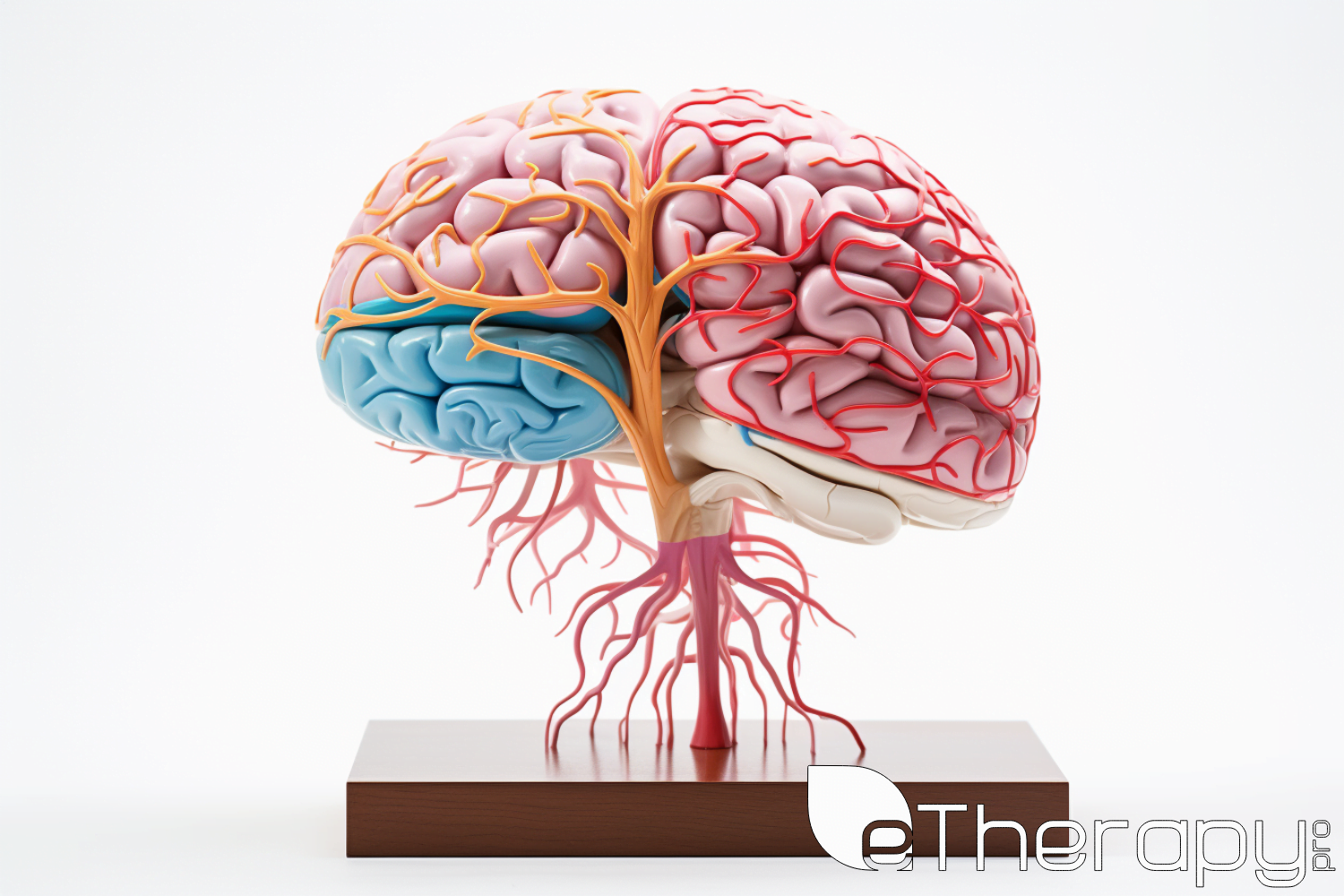 Ever found yourself impulsively buying a dozen donuts just because they looked delicious, only to regret it later? We all have our moments of spontaneous decisions – some delightful, some not so much. Impulsivity, that sudden urge to act without thinking, is a trait we’re all familiar with. It’s the uninvited guest at a party, sometimes bringing fun surprises, other times, unwelcome consequences.
Ever found yourself impulsively buying a dozen donuts just because they looked delicious, only to regret it later? We all have our moments of spontaneous decisions – some delightful, some not so much. Impulsivity, that sudden urge to act without thinking, is a trait we’re all familiar with. It’s the uninvited guest at a party, sometimes bringing fun surprises, other times, unwelcome consequences.
But what happens when this fleeting impulse becomes a persistent guest, influencing major life decisions? For some, impulsivity isn’t a fleeting moment but a constant companion, especially for those with specific personality disorders.
The only real mistake is the one from which we learn nothing. – Henry Ford
Let’s delve into the question: When does impulsivity, a familiar human characteristic, become a cause for concern?
Impulsivity in ADHD
(ADHD) is often associated with high energy and distractibility, but a key element that deserves more attention is impulsivity. This aspect of ADHD presents unique challenges and nuances in the lives of those affected.
Beyond Just Being Hasty
For individuals with ADHD, impulsivity is more than just acting quickly. It’s a powerful internal force that often overpowers the need for careful deliberation. Consider the student with ADHD who might impulsively blurt out answers in class. This isn’t a lack of respect but a common manifestation of ADHD-related impulsivity, where actions often outpace thoughtful consideration.
Challenges of Impulsivity in ADHD
Impulsivity in ADHD: A Multifaceted Challenge
Impulsivity in ADHD manifests in various ways, each posing unique challenges that can significantly impact both personal and social lives.
- Social Struggles: Individuals with ADHD may often interrupt others or engage in socially inappropriate behaviors, leading to misunderstandings and strained relationships.
- Academic Difficulties: Impulsivity can hinder academic performance, as it may lead to rushed assignments or impulsive responses in classroom settings.
- Risk-Taking Behaviors: Individuals with ADHD may be more prone to engaging in risky behaviors, such as spontaneous decisions or substance abuse.
- Self-Regulation Challenges: Managing impulsive actions can be incredibly difficult, often leading to frustration and a sense of lack of control.
- Addressing Impulsivity in ADHD: Addressing impulsivity in ADHD requires understanding and supportive strategies. Recognizing that impulsivity is more than just an occasional quirk but a day-to-day challenge for many is crucial.
Impulsivity in Borderline Personality Disorder (BPD)
Borderline Personality Disorder (BPD) is characterized by intense emotional experiences, and a key symptom that often exacerbates these experiences is impulsivity. Understanding this trait within the context of BPD is crucial for comprehending the disorder’s complexity.
A Rollercoaster of Impulses
In BPD, impulsivity can be likened to an uncontrolled rollercoaster of actions and reactions. It’s more than just acting on a whim; it’s an intense, emotion-driven response that can dramatically affect an individual’s life. For instance, someone with BPD might react impulsively during an emotional surge, leading to actions like sending impulsive, often regrettable messages.
The Ripple Effects of Impulsive Behavior in BPD
The impulsivity seen in BPD creates a variety of challenges, significantly impacting personal and interpersonal dynamics.
- Strained Relationships: Impulsive and intense emotional reactions can lead to conflicts and misunderstandings with friends and family.
- Unstable Self-Image: Frequent impulsive decisions contribute to a fluctuating sense of self, often leading to regret and self-doubt.
- Risky Behaviors: Those with BPD may engage in impulsive behaviors that pose risks to their safety and well-being, such as substance abuse or reckless driving.
- Emotional Exhaustion: The ongoing cycle of impulsive actions and reactions can be draining, not just for the individual but also for those around them.
Recognizing and empathetically understanding these ripple effects are essential in supporting individuals with BPD, especially in managing the impulsivity that is so intricately woven into their experiences.
Navigating Impulsivity in Other Disorders
Impulsivity isn’t exclusive to ADHD or BPD; it plays a significant role in various other disorders as well. This section explores how impulsivity manifests in different psychological conditions, expanding our understanding of its broader impact.
A Broader Perspective
Impulsivity is a common thread in several disorders, each presenting unique challenges. In substance abuse disorders, for instance, impulsivity might drive an individual to use substances without considering the consequences, often exacerbating the cycle of addiction. In bipolar disorder, impulsive behavior can be particularly pronounced during manic episodes, leading to decisions that have far-reaching effects on personal and professional life.
These examples illustrate that impulsivity can be a critical factor in the complexity and management of various mental health conditions, affecting decision-making and behavior in profound ways.
Understanding and Management
Effectively managing impulsivity in the context of these disorders is key to improving overall well-being and quality of life.
Awareness and Acknowledgment: Recognizing impulsive tendencies is the first step towards management.
Therapeutic Interventions: Professional therapy, such as Cognitive Behavioral Therapy (CBT), can help individuals understand and control their impulsive behaviors. Engaging with professional therapy can be pivotal. Online platforms like eTherapyPro offer accessible avenues for seeking help, whether it’s coping with impulsive behavior or exploring a possible diagnosis.
Mindfulness and Relaxation Techniques: Practices like mindfulness can aid in developing greater self-awareness and control over impulsive urges.
Support Systems: Building a strong support network, including friends, family, and support groups, can provide the necessary encouragement and accountability.
Understanding impulsivity across various disorders not only aids in better management but also fosters empathy and compassion towards those grappling with these challenges.
Conclusion
Impulsivity, a trait we all exhibit at times, reveals its complex nature when intertwined with various psychological disorders. From ADHD’s hasty decisions to BPD’s emotional whirlwinds and the challenging behaviors in other conditions, impulsivity’s role is multifaceted and significant.
Empathy is about finding echoes of another person in yourself. – Mohsin Hamid
Understanding and empathy are key in navigating these waters. Let’s extend compassion to those grappling with these challenges, and foster an environment of support and awareness. By acknowledging the diverse impacts of impulsivity, we can contribute to a more understanding and inclusive world for everyone.

 Genetic and Environmental Factors of ADHD
Genetic and Environmental Factors of ADHD